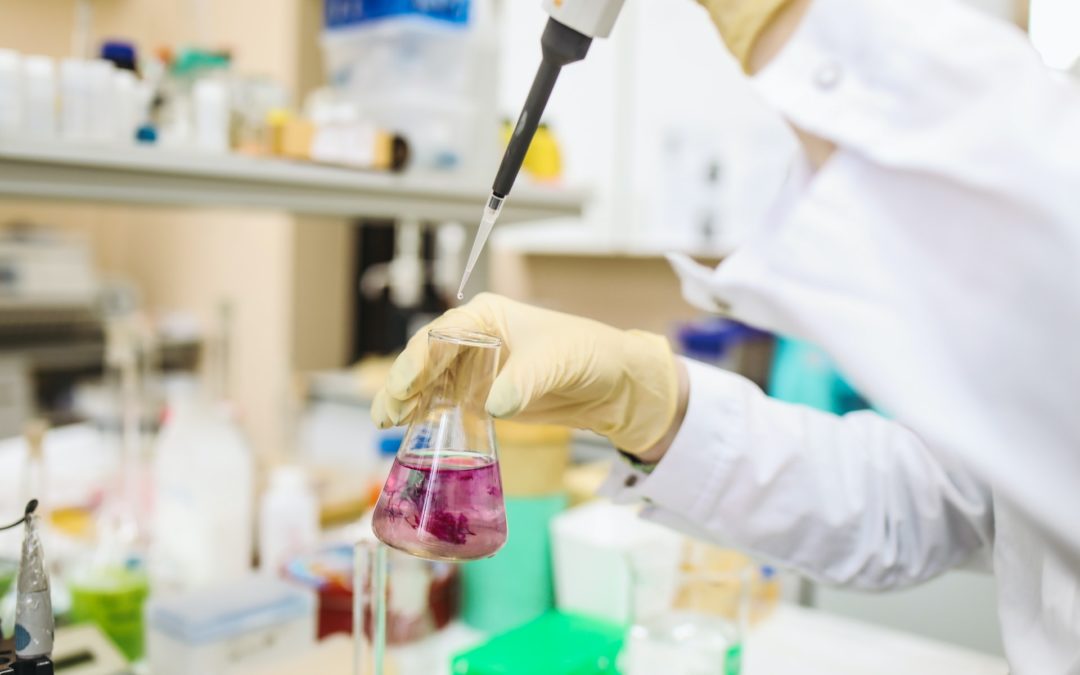Depression can be one of the most complex medical conditions that mental health clinicians battle.
No single cure for depression exists because each person’s experience of the ailment is different. Despite this obstacle, decades of research concerning how to cure depression has yielded plentiful promising approaches that, when used in tandem and maintained consistently, allow sufferers to not only manage, but thrive.
According to some estimates, 50% of people with depression respond to conventional treatment and even those who struggle to find relief are discovering rays of hope in cutting edge interventions (more on that later). Common approaches that have proven successful and are backed by research include:
1. Wholistic Stress Management Practices
Stress is a common trigger for depression and managing its onset can help reduce symptoms and hold crises at bay. Healthy eating and hydration, good sleep hygiene, a strong network of friends and family, limited alcohol and caffeine consumption, workload management, and practice of mindfulness are all proven stress-relief techniques that, while not a cure for depression in themselves, assist in attenuating it.
2. Talk Therapy, Either Online or in Person
Where the question of how to treat depression is concerned, therapy is often the first resource to come to mind, and for good reason. Both cognitive behavioral therapy (CBT) and interpersonal therapy (IPT) have a proven record of successful intervention in treating depression.
3. Medication
Antidepressant medication describes a wide range of drugs designed to adjust brain chemical levels for the purpose of relieving depressive symptoms and preventing severe episodes. The specific antidepressant prescribed depends on a person’s medical history and individual experience with the condition.
As mentioned, none of the above serve as a cure for depression but their combined use succeeds in providing relief to an enormous majority of sufferers, allowing millions to live fulfilling, productive lives.
What if I’ve tried everything and nothing has worked?
In addition to the most common treatments for depression, a range of alternative therapies have shown promising results in clinical trials. These include aromatherapy, herbal remedies such as St. John’s wort, and homeopathy. While patients have responded positively to all of the above, research remains to be done before definitive conclusions concerning their efficacy can be drawn.
One alternative therapy, on the other hand, that is backed by extensive clinical evidence is ketamine. While the drug is more readily recognized as a substance abused for recreational purposes, its original application was as a surgical anesthetic and, more recently, it has been discovered to carry incredible promise in relieving otherwise treatment-resistant depression.
How to cure depression—or, more accurately, how to treat depression—is an urgent matter for millions worldwide. Until the discovery of ketamine’s potential, no fast-acting solution was known to exist. Traditional treatment avenues take weeks, if not longer, to bring relief while ketamine delivered intravenously—a technique known as a ketamine infusion—has been proven to work in the span of a few hours and in some cases, immediately. What’s more, the treatment provides lasting relief for up to a month post-infusion.
To learn more about this paradigm-shifting innovation for depression and to gain insight into how ketamine infusions might work in concert with your current care regimen, don’t hesitate to reach out to our clinic.


